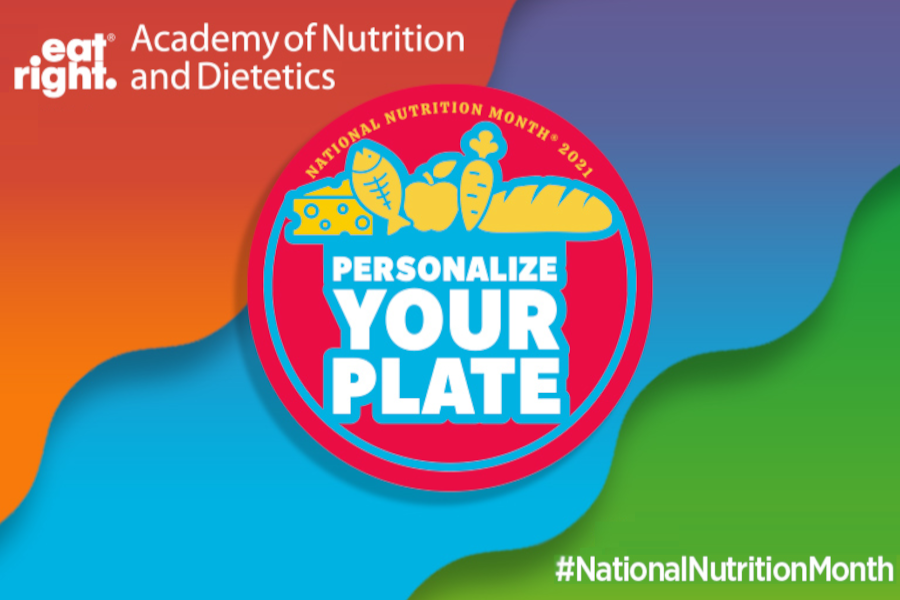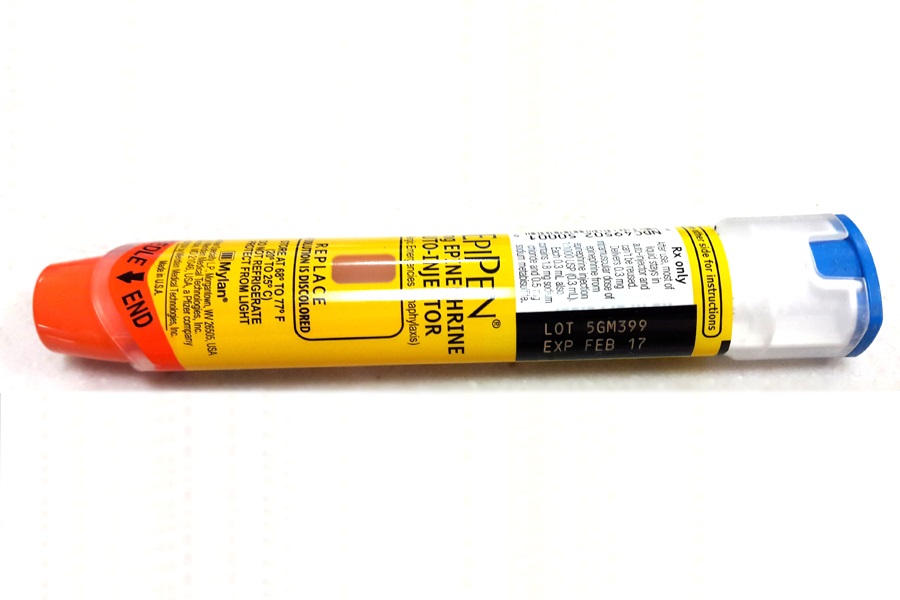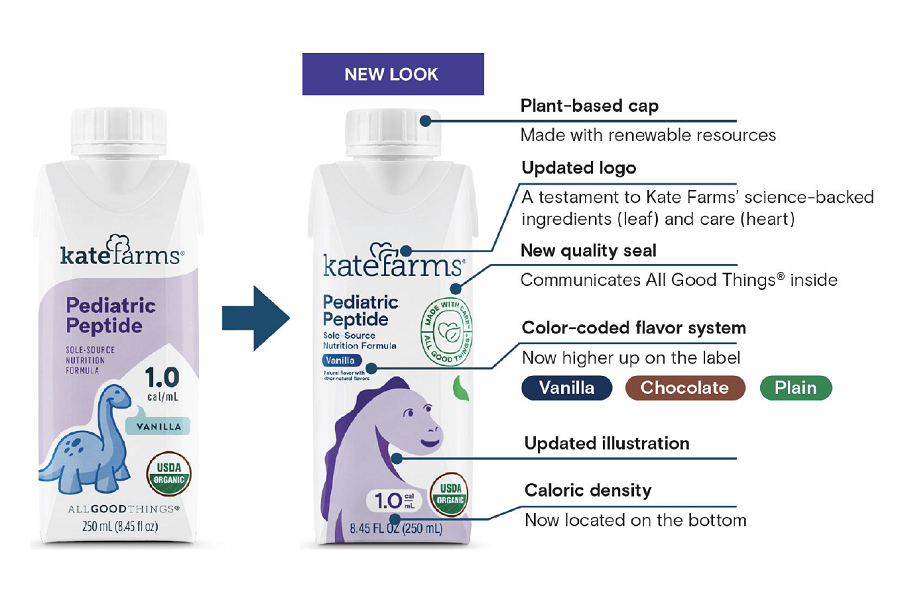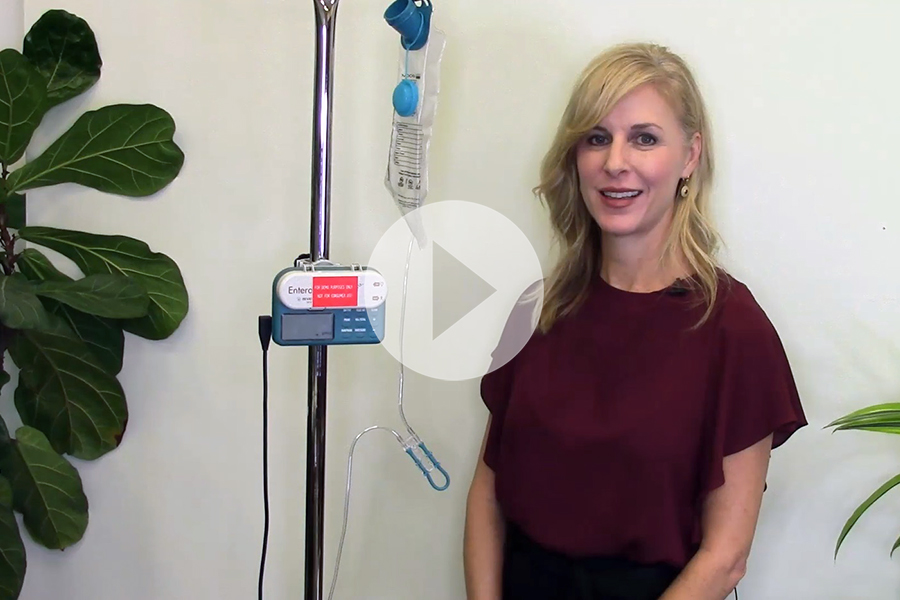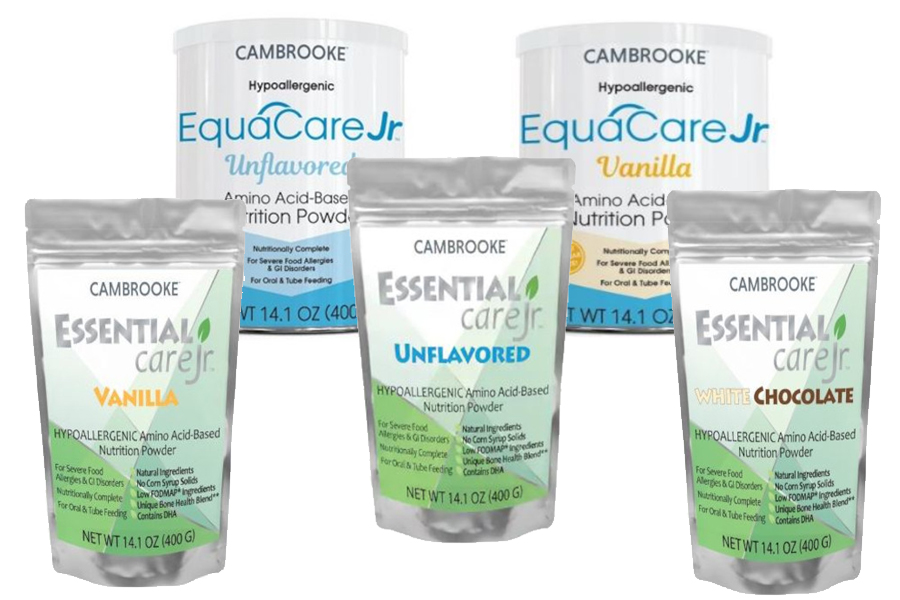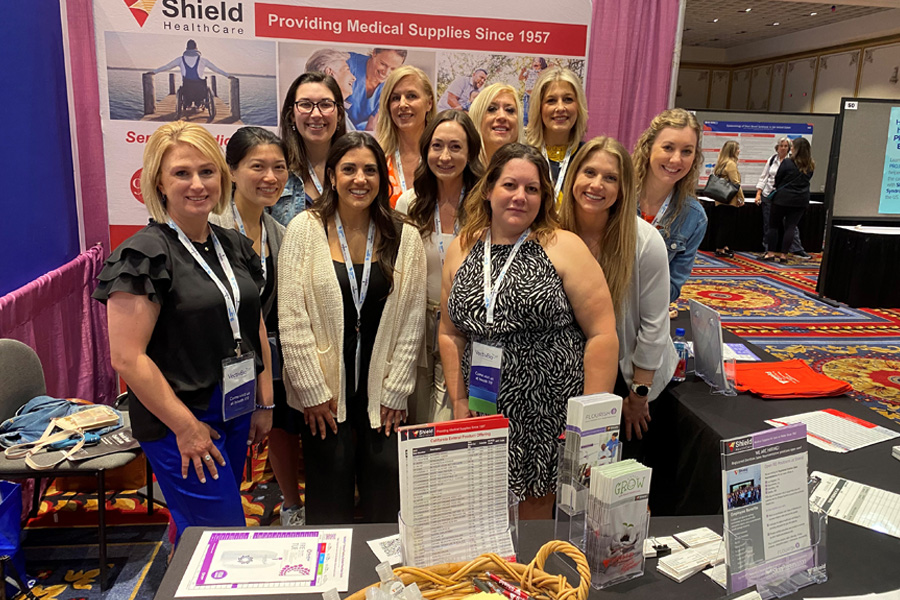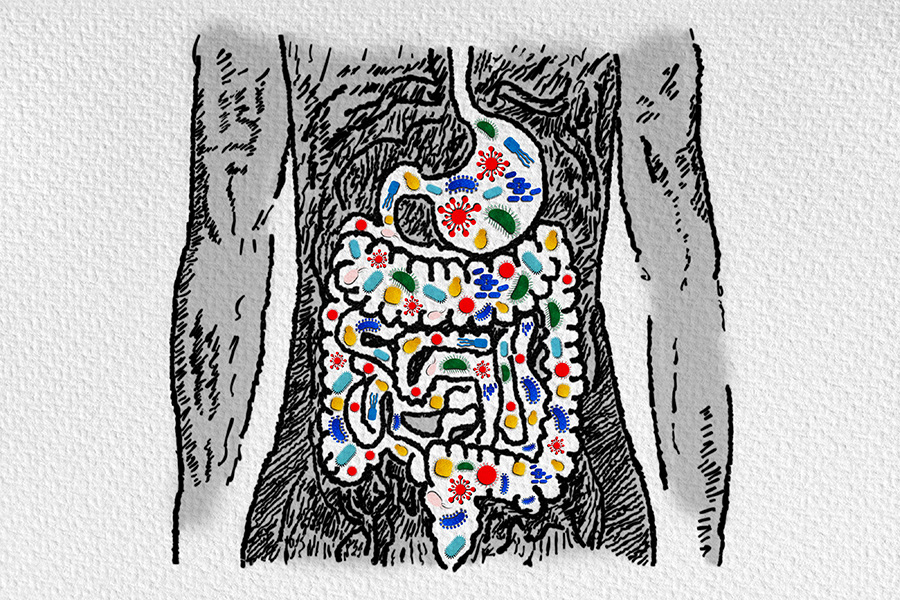Developmental disabilities can make it hard to meet the nutritional needs of children. Cerebral Palsy, Spina Bifida, Down syndrome and other chronic conditions may affect the way a child consumes and uses nutrients. Use this guide to identify some of the common nutrition-related issues associated with these conditions.
Nutrition-Related Issues Common to Selected Developmental Disabilities
| Developmental Disability | Nutrition Diagnosis | Etiology/Signs & Symptoms |
|---|---|---|
| Cerebral palsy Disorder of muscle control resulting from injury to the brain during fetal, perinatal, or early childhood development |
Excessive energy intake Overweight |
Low mobility and activity level Reduced energy expenditure r/t antispasmodic medications |
| Inadequate oral intake Underweight |
Lack of coordination to self-feed Oral motor dysfunction/dysphagia Hypertonia, Dystonia |
|
| Altered GI function | Constipation GERD, delayed gastric emptying Medication side effects |
|
| Spina bifida Neural tube defect with incomplete closure of the spine, resulting in nerve damage and paralysis |
Swallowing difficulty | Frequent respiratory infections Coughing/choking with oral intake |
| Altered GI function | Low fluid and fiber intake Neurogenic bowel |
|
| Overweight/obesity Unintended weight gain | Limited mobility Reduced energy needs related to short stature |
|
| Down syndrome Genetic disorder resulting in developmental problems such as cognitive delay, short stature, gastrointestinal problems, and decreased muscle tone |
Inadequate oral intake | Swallowing difficulty Weak suck with breastfeeding |
| Altered GI function | Constipation r/t hypotonia, low activity, low fiber intake Celiac disease |
|
| Overweight/obesity | Estimated excessive energy intake Reduced energy needs related to hypotonia |
Source: Position of the Academy of Nutrition and Dietetics: Nutrition Services for Individuals with Intellectual and Developmental Disabilities And Special Health Care Needs. J Acad Nutr Diet.
This guide is intended as an informational resource. For questions about your child’s condition, please consult your healthcare professional.










